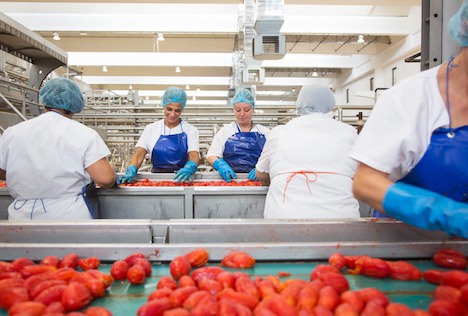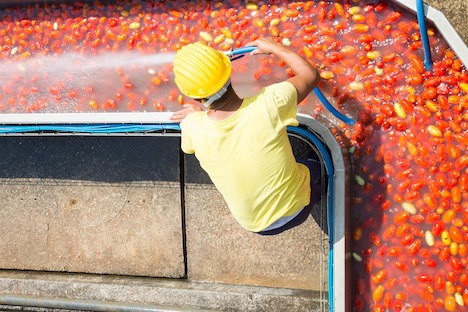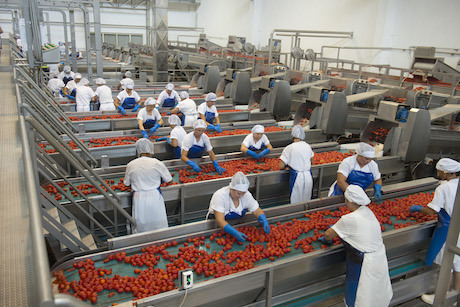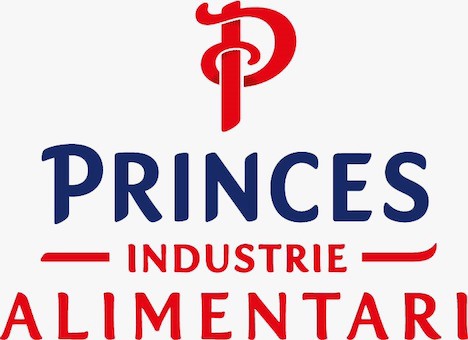 "Italy has always had the most expensive prices in the world when it comes to fresh tomatoes destined to the processing industry. The announcement of the signing of contracts for Spanish tomatoes at €150 per ton, due to the water crisis, has had a disruptive effect on the market, precisely because it came in the midst of ongoing negotiations in northern Italy, which is an area affected by the same water shortage. In fact, southern Italy has in turn signed for a higher price than northern Italy. These dynamics are likely to cause speculative behavior on the part of some agricultural operators, with dire consequences on final consumer prices, which are already struggling with rampant inflation," says Gianmarco Laviola, director of Princes Industrie Alimentari, who represents more than 40 representatives of the main cooperatives and producers of the Capitanata district, in the Apulia region.
"Italy has always had the most expensive prices in the world when it comes to fresh tomatoes destined to the processing industry. The announcement of the signing of contracts for Spanish tomatoes at €150 per ton, due to the water crisis, has had a disruptive effect on the market, precisely because it came in the midst of ongoing negotiations in northern Italy, which is an area affected by the same water shortage. In fact, southern Italy has in turn signed for a higher price than northern Italy. These dynamics are likely to cause speculative behavior on the part of some agricultural operators, with dire consequences on final consumer prices, which are already struggling with rampant inflation," says Gianmarco Laviola, director of Princes Industrie Alimentari, who represents more than 40 representatives of the main cooperatives and producers of the Capitanata district, in the Apulia region.
"At Princes Industrie Alimentari we have always considered this negotiation based on power dynamics between parties as something that is beyond sustainability, especially because it changes the definition of a reference price over time, compromising the ability of producers to plan their investments in an informed way. For four years now, on the basis of the commitments under the 'Agreement on the supply chain of the tomato industry', our prices have been established by an authorized third party, the Department of Agriculture of the University of Foggia, which defines the cost of cultivating the red gold crop in Capitanata, also taking into account a fair profit margin for producers. The final price is then endorsed by Coldiretti."

"This extremely transparent approach is allowing us, for the 2023 season as well, to be ahead of time compared to all other processing industries, since as of today we have already signed contracts for about 60% of our needs with regard to the next season. Those farmers who have already signed contracts have offered Princes Industrie Alimentari between 15% and 20% more product than last season, which is in line with our expectations."
"According to feedback from seed companies and orders sent to nurseries for seedlings, there is an estimated 15% increase in the area planted in Apulia compared to last year. Without careful planning - which is a long-standing compromise between the agricultural and industrial sectors in southern Italy - it could lead, over one or more periods of the next season, to an oversupply of fresh tomatoes, something that the industry will not be able to absorb."

"Also, in Apulia, as in most of Italy, the beginning of 2023 was marked by low rainfall. However, thanks also to the substantial snowfall last winter, the Occhito reservoir, the main source of irrigation water for our region, is sufficiently supplied with water resources. However, the availability of water in the long term raises serious concerns, especially in the absence of adequate infrastructures, i.e., artificial reservoirs. For this reason, at Princes, given the type of tomato processing - which requires considerable amounts of water - and the commitment to greater environmental sustainability, we have implemented a joint project with the University of Foggia and then with the company Evjia which, thanks to the use of innovative Agriculture 4.0 technologies, makes it possible to reduce the use of irrigation water by 25%."
"Our industry is highly labor-intensive. As a matter of fact, at Princes Industrie Alimentari we struggle with a lack of specialized personnel. Also, for this reason, we have launched a training and job placement program with the University of Foggia, which has always been very sensitive and proactive on this issue. Our plant employs more than 500 workers throughout the year, while the personnel involved in the activities exceeded 1,100 employees in the middle of the 2022 tomato season."

"We believe that the most important challenge for the sector is to ensure the sustainability of our supply chain, to give life to a shared industry-wide strategy that is able to highlight the value and competitiveness of tomatoes produced in Italy, in order to establish it on international markets not only as the best tomato, but also as the most sustainable tomato in the world. To realize this strategy, it will be essential that all parties collaborate towards the same goal, investing forces and resources in favor of sustainability and investing in the development of Agriculture 4.0 solutions", concluded Gianmarco Laviola.
For more information: 
Princes Industrie Alimentari Srl
Località Incoronata - Zona ASI
71122 Foggia (FG) - Italy
+39 0881 352 400
www.princesgroup.com










